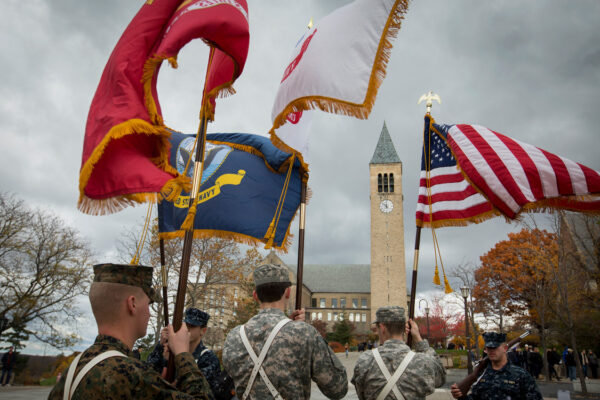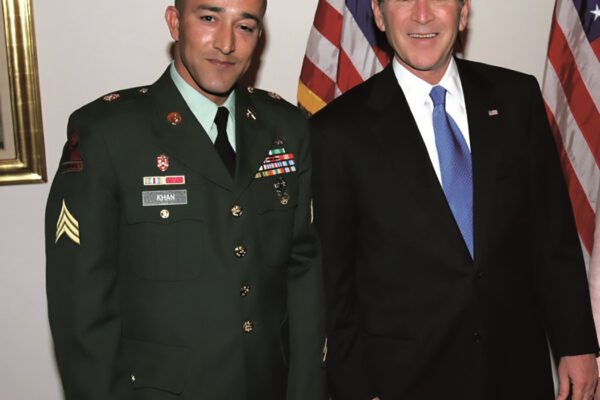For Veterans Without Degrees Additional Certification Offers Benefits/Hope
Title: Veterans Without Degrees: The Benefits and Opportunities of Certificates and Certifications
Date: October 7, 2019
Source: Strada Education Network
A new Strada Education Network report captures the responses of about 30,000 veterans ages 18 to 64 on their educational experiences and attitudes. The report also details education outcomes and the benefits and challenges faced by veterans with a sub-baccalaureate certificate.
Major findings include:
- Of all veterans ages 18 to 64, 42 percent hold a college degree and 33 percent have a certificate or certification, but no degree. The percentage with a certificate or certification in all age groups is similar, except for those ages 18 to 24, among whom only 12 percent hold these credentials.
- Female veterans were more likely to have obtained a bachelor’s degree as their highest degree earned than male veterans (38 percent compared to 27percent). Female veterans were less likely to have attained certificates or certifications as their highest credential earned (25percent) than male veterans (35percent).
- About half of veterans of color expressed a need for additional education to advance their career, while only 36 percent of White veterans felt the need for additional education.
- Veterans whose highest level of education was a certificate or certification had median annual incomes that were $10,000 higher than veterans with no postsecondary education credential.
The report also provides recommendations to support veterans in postsecondary education and employment. According to the report’s authors, military education is not fully recognized in the civilian space, creating major challenges for veterans looking for jobs. As such, it is important for policymakers and education providers to ensure that all learning and skills in the military be recognized in the job market. Partnerships with various military service branches and credentialing institutions are critical as they offer the opportunity to connect military skills to credentials that can be obtained during military service.
To read the full report, please visit Strada’s website.
—Haelim Chun
If you have any questions or comments about this blog post, please contact us.


